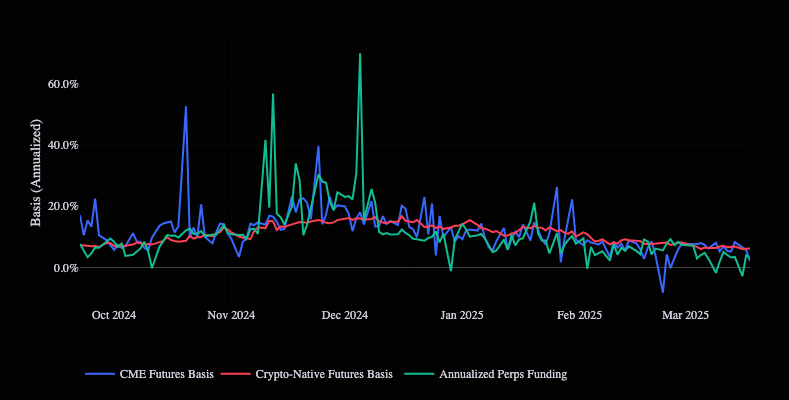Recent Trends in Japan’s Inflation Rates
Just when it seemed that concerns over the yen’s volatility might be subsiding, Japan has reported a surprising increase in core inflation. Data released early Friday revealed that the country’s core inflation rate, which excludes fresh food prices, rose by 3% year-on-year in February. While this marked a slight moderation from January’s 3.2%, it exceeded the consensus forecast of 2.9%. In addition, the overall consumer price index (CPI) eased to 3.7%, down from 4%.
Implications for the Bank of Japan’s Inflation Target
Both inflation indicators remain significantly above the Bank of Japan’s (BOJ) 2% inflation target. This surge in inflation supports the assertion made by central bank chief Haruhiko Kuroda, who declared victory over Japan’s long-standing battle with deflation. Interestingly, Japan’s headline inflation has been running higher than that of the United States since November, currently sitting nearly 100 basis points (bps) above U.S. rates.
The Impact of Wage Negotiations and Speculation on Rate Hikes
The persistence of inflation, coupled with wage increases stemming from the annual shunto wage negotiations, has amplified calls for potential BOJ rate hikes. A stronger yen, which often leads to increased market volatility, particularly in risk assets like cryptocurrencies, is now a possibility that investors must consider.
Current Currency Trends
As of the latest updates, the dollar-yen (USD/JPY) exchange rate was trading at 149.22, having surged nearly 300 pips, signaling renewed weakness in the yen since March 11, according to data from TradingView.
Factors Supporting Yen Strength Amid Rate Hike Talks
Despite the recent fluctuations, a narrower or falling yield spread between U.S. and Japanese 10-year bonds is providing support for the yen. Japanese bond yields have seen an upward trend across the curve, signaling bullish sentiment for the currency. As of now, Japan’s 10-year bond yield has surpassed 1.5%, while the 30-year yield is above 2.5%, both reaching multi-decade highs.
Potential Risks Ahead: Market Volatility and Risk Aversion
Should the yen strengthen further, it could lead to increased risk aversion in global markets, reminiscent of the volatility experienced last August. Investors are advised to keep a close eye on developments in Japan’s inflation and monetary policy, as these factors could significantly impact not only the currency but also broader financial markets, including cryptocurrencies.



